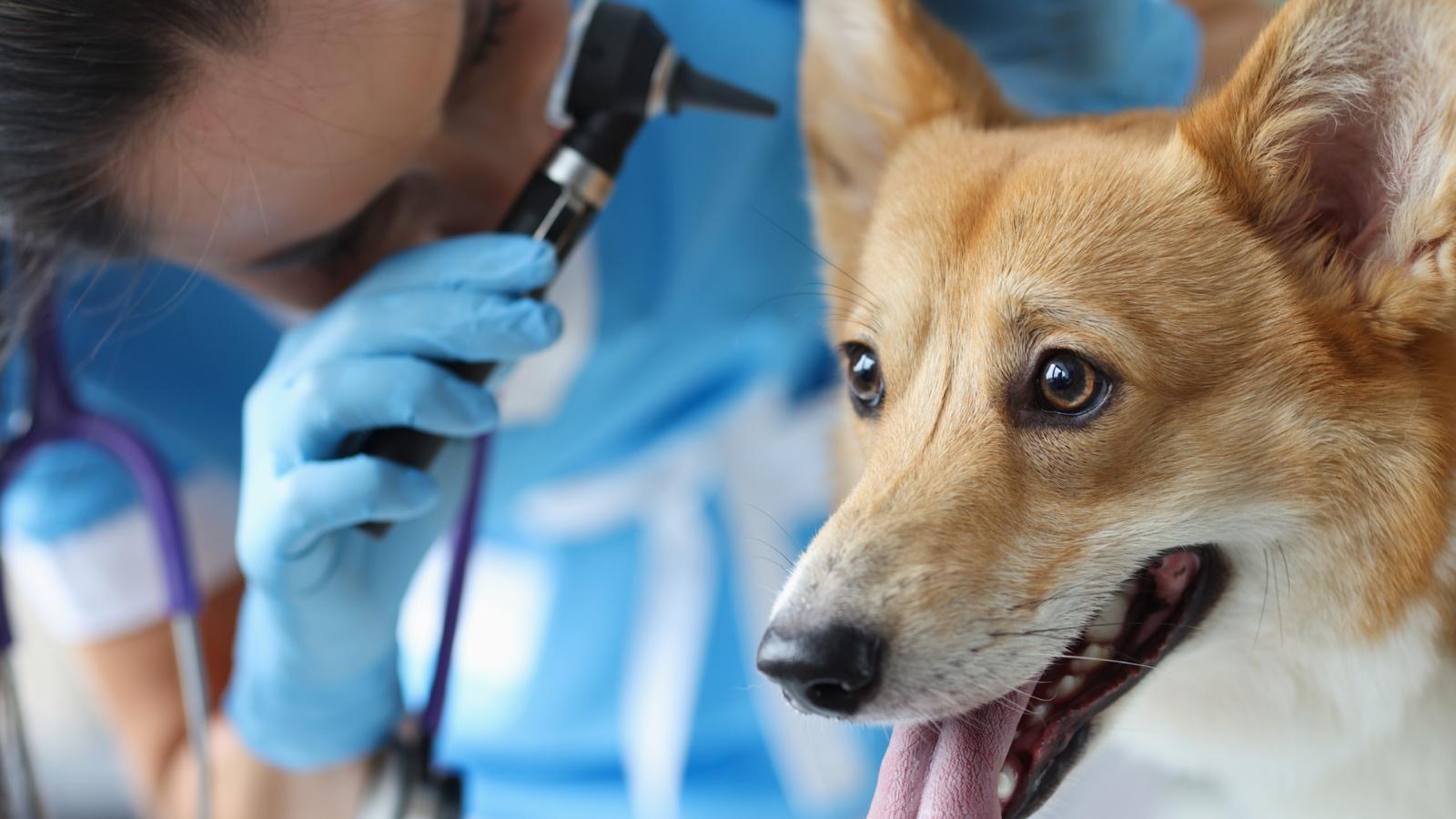Health problems in dogs can quickly worsen if they are not detected and treated early. Dog owners should learn about the most common dog diseases, their symptoms and treatment options to protect their four-legged friend's quality of life. In this article, we provide a detailed overview of the most important diseases in dogs – based on veterinary expertise.
Common infectious diseases in dogs
1. Staupe (Canine Distemper)
Distemper is
a highly contagious viral disease that affects the nervous system, respiratory
tract and digestive tract.
- Symptoms: fever, nasal and eye
discharge, cough, vomiting, diarrhea and neurological disorders such as
muscle twitching.
- Transmission: droplet infection or
contact with infected animals.
- Treatment: There is no specific
cure, therapy is symptomatic with infusions, antibiotics for secondary
infections and anticonvulsants for seizures.
- Prevention: Regular vaccination
is the best protection.
2. Parvovirose (Canines Parvovirus)
Parvovirus
is particularly dangerous for puppies and can be fatal if left untreated.
- Symptoms: Severe vomiting, bloody
diarrhea, fever and lethargy.
- Transmission: Fecal-oral infection
through contaminated surfaces or feces.
- Treatment: Intensive veterinary
care with fluid therapy, antibiotics and anti-nausea medication.
- Prevention: Early vaccination is
also crucial here .
3. Zwingerhusten (Canine Infectious
Tracheobronchitis)
Kennel cough
is a collective term for various pathogens that affect the respiratory tract.
- Symptoms: Dry cough, hoarseness,
sometimes nasal discharge.
- Transmission: Especially in kennels
and animal shelters through droplet infection.
- Treatment: Mild cases often heal on
their own, more severe cases require cough suppressants, antibiotics and
anti-inflammatory drugs.
- Prevention: Vaccinations against
Bordetella bronchiseptica and parainfluenza viruses are recommended.
Parasitic diseases in dogs
4. Heartworm disease (dirofilariasis)
Heartworm disease is transmitted by
mosquitoes and affects the heart and pulmonary arteries.
- Symptoms: cough, fatigue, weight
loss and, in advanced stages, heart failure.
- Treatment: The therapy is
complicated and is carried out with special worming agents under
veterinary supervision.
- Prevention: Mosquito repellent and
prophylactic medication are crucial.
5. Fleas and ticks
Fleas and ticks are not only unpleasant,
but can also transmit diseases such as Lyme disease or anaplasmosis.
- Symptoms: itching, reddening of the
skin, crusting.
- Treatment: Spot-on preparations,
collars or tablets that kill parasites.
- Prevention: Year-round use of
suitable parasite prophylaxis.
6. Giardia
Giardia are
microscopic small intestinal parasites.
- Symptoms: Chronic diarrhea,
abdominal pain, weight loss.
- Treatment: Special medications such
as fenbendazole or metronidazole.
- Prevention: Regular hygiene
measures and thorough cleaning of bowls and berths.
Internal diseases in dogs
7. Kidney disease
Chronic renal insufficiency occurs mainly
in older dogs.
- Symptoms: Increased drinking,
weight loss, vomiting and loss of appetite.
- Treatment: Diet food with reduced
protein content, antihypertensive drugs and supportive infusion therapy.
- Prevention: Regular blood and urine
tests in old age.
8. Diabetes mellitus
Diabetes mellitus is a metabolic disease in which the body does not produce enough
insulin.
- Symptoms: Severe thirst, increased
urination, weight loss despite a good appetite.
- Treatment: Daily insulin injections
and strict feeding schedules.
- Prevention: Weight control and a
balanced diet.
9. Heart disease
Heart conditions such as mitral valve
regurgitation are common in small breeds.
- Symptoms: cough, shortness of
breath, rapid fatigue.
- Treatment: Cardiac support
medications and diuretics.
- Prevention: Early detection through
regular veterinary heart examinations.
Cancers in dogs
10. Tumors and cancer
Cancer is one of the leading causes of
death in older dogs.
- Symptoms: lumps under the skin,
unexplained weight loss, chronic wounds.
- Treatment: Surgical removal,
chemotherapy, or radiation depending on the type of tumor.
- Prevention: Early detection through
regular palpations and veterinary check-ups.
Skin diseases in dogs
11. Allergies and dermatitis
Many dogs suffer from skin problems caused
by allergies.
- Symptoms: Itching, redness, hair
loss and inflamed skin.
- Treatment: Antihistamines,
cortisone or special diets.
- Prevention: Allergy tests and
avoidance of triggering substances.
12. Hot Spots (Pyotraumatic Dermatitis)
Hot spots
are often caused by heavy scratching and biting.
- Symptoms: Weeping, painful areas of
skin with hair loss.
- Treatment: Shaving the affected
area, disinfectant solutions and antibiotics.
- Prevention: Regular grooming and
parasite control.
Conclusion: Prevention is the best
protection
Dog diseases can have many causes, but most
risks can be significantly reduced
with regular check-ups, vaccinations and species-appropriate husbandry. As
responsible dog owners, we should take changes in the behavior or health of our
animals seriously and consult a veterinarian at an early stage.



Comments
Post a Comment